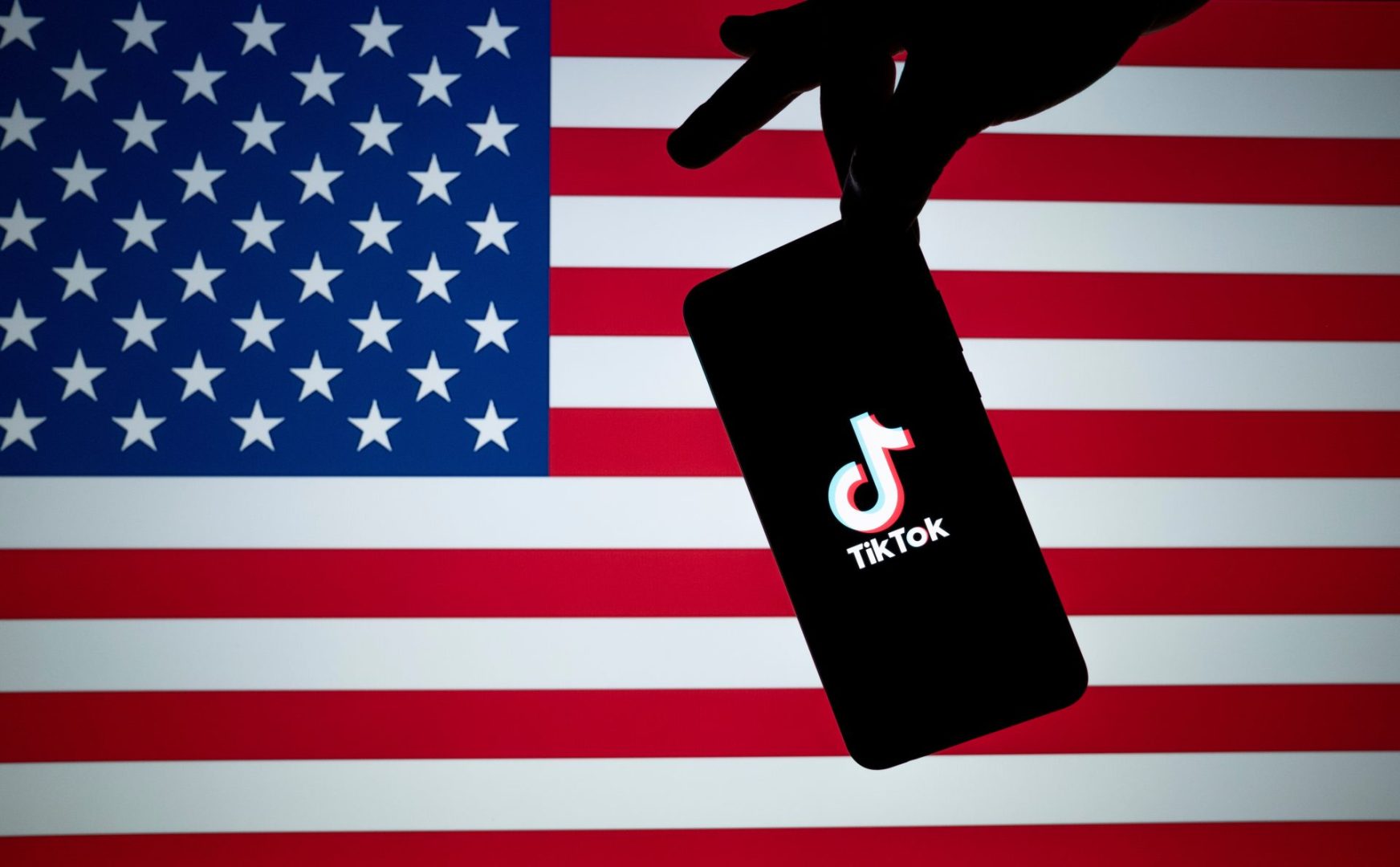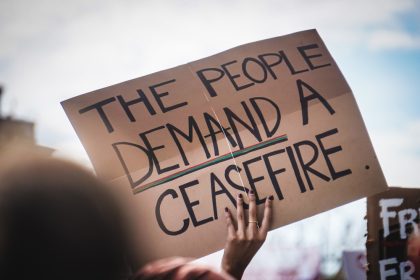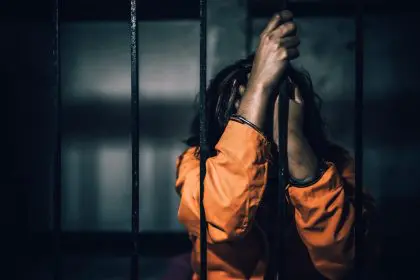As we approach 2025, TikTok is facing significant challenges in the United States. A recent ruling by a federal appeals court has upheld a law that could lead to a ban on the popular social media platform, which boasts over 100 million users in the U.S. This decision marks a critical moment in the ongoing debate about data privacy, national security and free speech.
Understanding the court’s ruling
On Dec. 6, the U.S. Court of Appeals for the District of Columbia Circuit unanimously denied TikTok’s petition to overturn a law requiring the app to sever ties with its China-based parent company, ByteDance. If TikTok fails to comply, it could be banned from operating in the U.S. by mid-January 2025.
In its defense, TikTok argued that the law infringes on its First Amendment rights. However, Judge Douglas Ginsburg, in the court’s opinion, stated, “The First Amendment exists to protect free speech in the United States. Here the Government acted solely to protect that freedom from a foreign adversary nation and to limit that adversary’s ability to gather data on people in the United States.” This ruling has raised concerns about the implications for free speech and the rights of American users.
Next steps for TikTok
Following this ruling, TikTok and ByteDance are considering an appeal to the Supreme Court. However, it remains uncertain whether the Supreme Court will take up the case. Despite the setback, TikTok spokesperson Michael Hughes expressed confidence that the platform would ultimately prevail, emphasizing the historical precedent of the Supreme Court in protecting free speech rights.
If the law remains in effect, Hughes warned that over 170 million American voices could be silenced by Jan. 19, 2025.
Legal and technical challenges
Lawyers representing TikTok and ByteDance argue that it would be nearly impossible to separate the platform from its parent company without losing the essential technology and algorithms that make it unique. They contend that any forced sale would disconnect the U.S. version of TikTok from its global content, undermining the app’s functionality and user experience.
Political landscape: Biden vs. Trump
The political implications of this ruling are significant. Former President Donald Trump initially sought to ban TikTok during his administration, citing national security concerns. However, he has since reversed his stance during his presidential campaign. Current President Joe Biden signed the terms into law in April, further complicating the app’s future in the U.S.
Both administrations have expressed concerns about TikTok’s data collection practices, particularly regarding the potential for sensitive user information to be accessed by the Chinese government. TikTok has consistently denied these allegations, asserting that there is no evidence to support claims of data sharing or manipulation for Beijing’s benefit.
TikTok’s investment in user data protection
In response to these concerns, TikTok has reportedly invested over $2 billion to enhance protections around U.S. user data. This investment underscores the company’s commitment to addressing security issues and maintaining user trust.
The future of TikTok in the U.S.
The future of TikTok in the United States hangs in the balance as the company navigates legal challenges and political scrutiny. With the potential for a Supreme Court appeal on the horizon, the outcome could have far-reaching implications for social media platforms and user rights in the digital age. As the situation develops, millions of American users will be watching closely, hoping for a resolution that preserves their access to the platform.
















